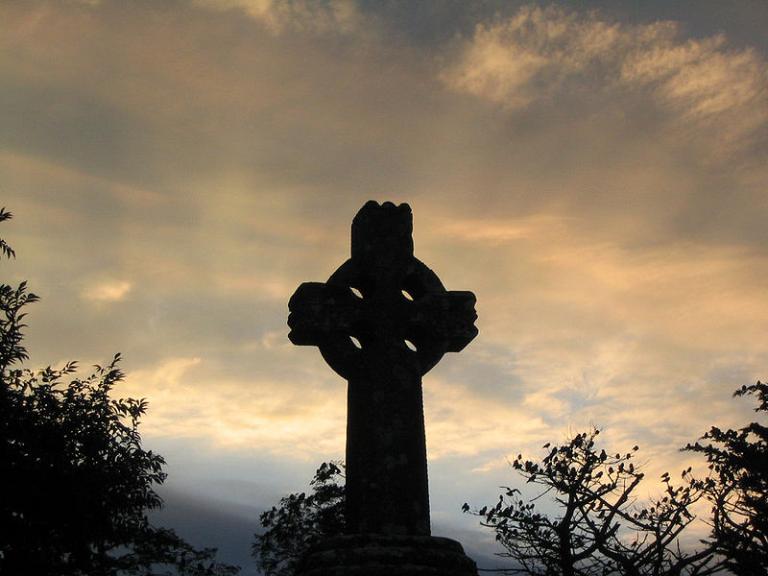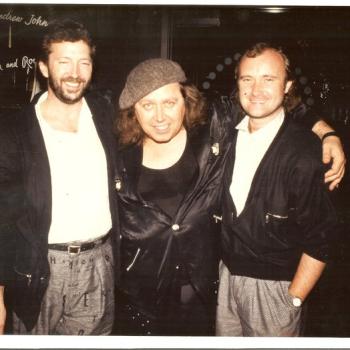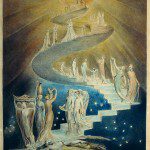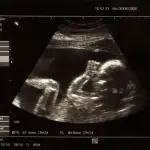
At least some of you will be familiar with the name of Sebastian Junger (born January 17, 1962), who is an American journalist, author, and filmmaker. (The documentary film Restrepo, based on his writing, received the Grand Jury Prize for best documentary at the 2010 Sundance Film Festival.) He reported from the war in Afghanistan for roughly a decade and has written for various “highbrow” magazines. He has also written several books, the most famous of which is almost certainly The Perfect Storm: A True Story of Men Against the Sea (1997), which was adapted into a major motion picture, and which has given us an expression (“a perfect storm”) that has come to be quite commonly used since then — and that could easily be applied to the sudden medical emergency mentioned immediately below.
Very recently (on 21 May 2024, to be exact), Junger published a new book entitled
There is, by the way, nothing in In My Time of Dying that clearly identifies Sebastian Junger as a religious believer today and there is certainly nothing to suggest that he was a religious believer before his medical crisis. He was raised by a mother who was inclined to what seems a rather vague mysticism, but also by an immigrant German physicist father who regarded any and all religious claims as transparently obvious nonsense. But Junger’s close call does seem to have opened his mind just a bit. Before we come to that, though, permit me to cite another story that he relates:
My father died of congestive heart failure at eighty-nine, and a few days before he passed, I was awoken in the middle of the night by a similarly inexplicable dream. He was in Boston, and I was in New York, and yet I was ripped from my sleep by him screaming my name as if he were in the next room. I sat up and glanced in confusion at the clock: It was 3: 15 in the morning. Eventually I went back to sleep, but I was awoken a few hours later by a phone call from my mother. She told me to get to Boston as fast as possible, because my father had tried to throw himself out of bed.“Teo says he was trying to escape,” my mother said. “That’s a sign he’s in his last few days.”Teo was a hospice nurse who had moved in with my parents. She was from Uganda and had attended scores of deaths. I asked my mother what time my father had done that, and I could hear her repeating the question to Teo.“Three fifteen,” my mother said. (86)
Dr. Wilson seemed to be taking a long time getting the Cordis line into my jugular, and while he worked, I became aware of a dark pit below me and to my left. The pit was the purest black and so infinitely deep that it had no real depth at all. I was on the gurney, with Dr. Wilson upside down above my head and the other nurses and doctors seemingly all clustered on my right side. Meanwhile, there was nothing on my left side except the blackness that I was getting drawn into. It exerted a pull that was slow but unanswerable, and I knew that if I went into the hole, I was never coming back. I later asked Dr. Kohler what was going on with me, medically, at that point. He said, “You were getting ready to buy the farm.” (The term is thought to come from the families of dead soldiers, who used government death benefits to pay off property debt.) Dr. Cornwall, his supervisor, estimated that I was ten to fifteen minutes away from cardiac arrest and death. Wilson was still working on my neck, and I was feeling myself getting pulled more and more sternly into the darkness. And just when it seemed unavoidable, I became aware of something else: My father. He’d been dead eight years, but there he was, not so much floating as simply existing above me and slightly to my left. Everything that had to do with life was on the right side of my body and everything that had to do with this scary new place was on my left. My father exuded reassurance and seemed to be inviting me to go with him. “It’s okay, there’s nothing to be scared of,” he seemed to be saying. “Don’t fight it. I’ll take care of you.” I was enormously confused by his presence. My father had died at eighty-nine, and I loved him, but he had no business being here. Because I didn’t know I was dying, his invitation to join him seemed grotesque. He was dead, I was alive, and I wanted nothing to do with him—in fact, I wanted nothing to do with the entire left side of the room. And I didn’t understand why Dr. Wilson was taking so long to finish his work. “Doctor, you got to hurry,” I told him. “You’re losing me. I’m going right now.” And that was the last thing I remembered for a very long time. (86)
This is obviously not a typical near-death experience, proceeding through the stages more or less outlined by Raymond Moody in his bestselling 1975 book Life After Life and document and refined over the past nearly-half-century by many, many others:
When I had my visions, my heart was beating, and I was still talking to the doctors. Instead of rising above my body or joyfully reuniting with loved ones, a black pit opened up that my dead father tried to escort me through. Even more upsetting, though, was the dream I’d had thirty-six hours prior to almost dying. My wife and children were below me but forever beyond my reach, and I was headed into an infinite void that apparently now owned me and would never let me return. (86)
Junger had briefly related that dream more than seventy pages before:
Then very early one morning, just as details of the world were emerging outside the bedroom window, I was wrenched from sleep by a dream of my wife and daughters sobbing and holding each other while I hovered oddly over their heads, unable to communicate with them. I screamed and waved, but they had no idea I was there. I was somehow made to understand that I’d died and couldn’t comfort them because I’d already crossed over; they were forever beyond my reach. (15)
I’ll respond to some of Sebastian Junger’s reflections on these experiences in a subsequent post or two.












